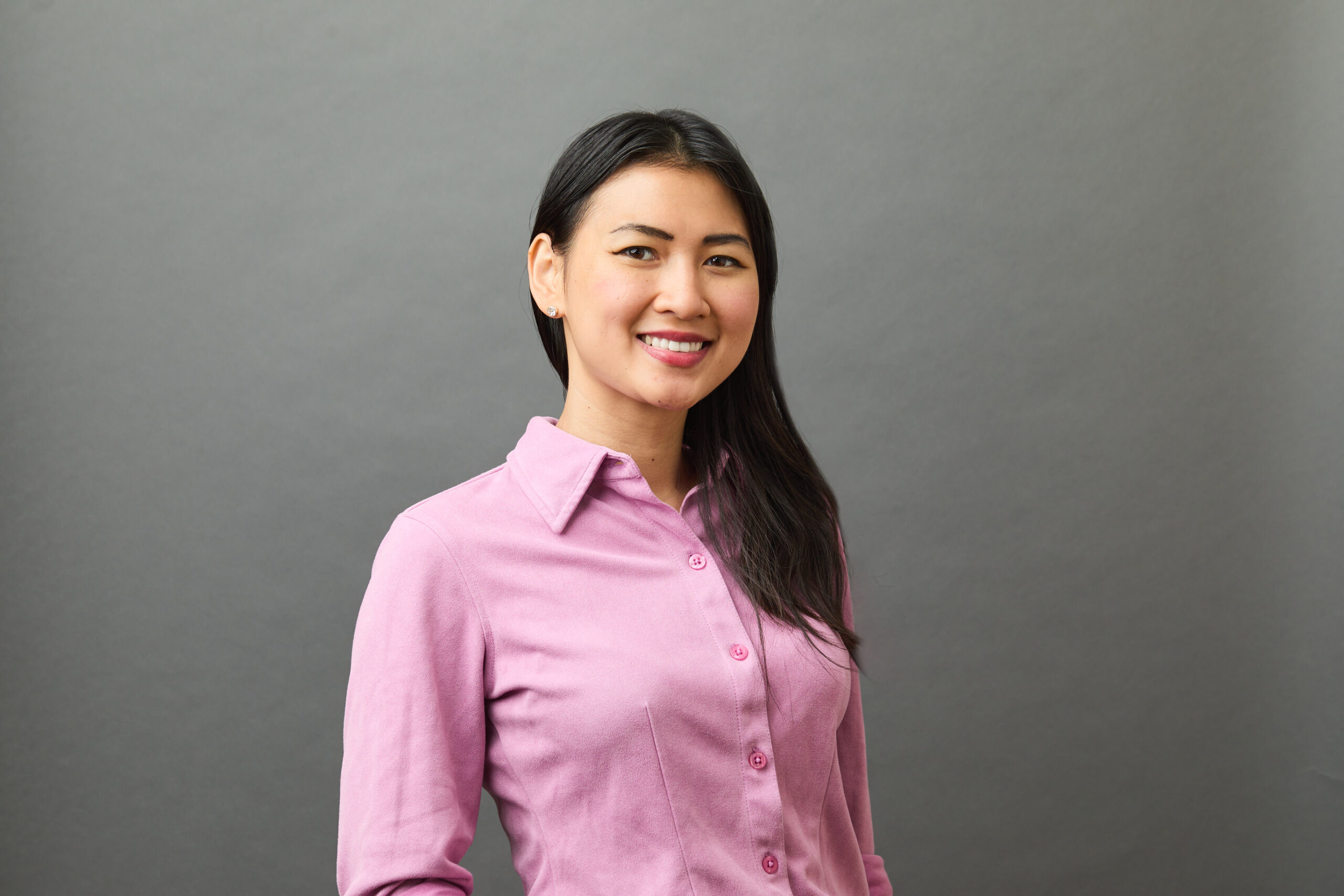
When she was 9 years old, Vy Tran Plata, M.D., moved with her family from a small village in Vietnam to a predominantly Hispanic neighborhood in Atlanta.
She didn’t speak English or Spanish — she recalls not even knowing how to ask where the bathroom was on the first day of school. Though she grew up on the low end of the socioeconomic spectrum, her childhood offered her the riches of a close-knit community, eventual fluency in three languages and a drive to succeed. She has since alchemized those early gifts into opportunities that no one from her family has had before.
When she attended Stanford University, she was the first in her family to go to college. Though she was surrounded by students who had innumerable opportunities that weren’t available to her, such as the piano lessons her family could not afford, Tran Plata would not have traded the humble upbringing that taught her to be resourceful and resilient for the privilege her peers enjoyed. Her passion for medicine and service motivated her to become a certified medical interpreter in Vietnamese and Spanish while at Stanford. She continues to use that training to facilitate access to medical care for immigrants.
At medical school, she once participated in a simulation designed to help students think about the struggles facing people with low incomes. Students were required to make tough choices, such as deciding whether to pay for rent or go to the doctor.
It was surreal for Tran Plata, who thought, “This is not a simulation for me; it’s things I’ve lived through and decisions my family has had to make.”
One of the barriers to medical education Tran Plata has faced is a lack of mentorship and guidance. Growing up, she didn’t see any physicians who looked like her, and she didn’t know anyone who had gone to medical school.
A new platform idea
Tran Plata and fellow Stanford alum Christine Chen won the distinguished American Medical Association’s ChangeMedEd 2021 Bright Ideas Showcase with an idea that could break down that barrier for others.
DiverseCity is their innovative concept for expanding access to world-class mentorship. The online platform will be designed to connect successful physicians who have overcome significant hurdles with aspiring trainees who are seeking relatable role models.
“Aspiring trainees from anywhere in the world could view this wide range of stories that they might not otherwise have access to,” said Tran Plata. Users could also follow up directly with questions or prompts for further videos and advice, and the platform could connect them to local pipeline programs and resources.
As AMA notes, when Tran Plata pitched the idea, she cited her own experiences growing up in a community without physician role models. The project seeks to ensure that doesn’t happen to the next generation of potential physicians. The pilot version of the digital platform encompassed accomplished physicians sharing the story behind their journeys into medicine. She hopes to scale the efforts with the additional funding.
“There’s a hunger for this resource and a hunger for collaboration,” she said. “From high school students to med students, there’s a place in DiverseCity for everyone.”
Done with the first prototype, Tran Plata and Chen are now working on the second phase of the platform.
“All of this is to create a sense of belonging,” said Tran Plata, who believes DiverseCity could help support people who are underrepresented in medicine as they power through the myriad challenges of becoming a physician.


